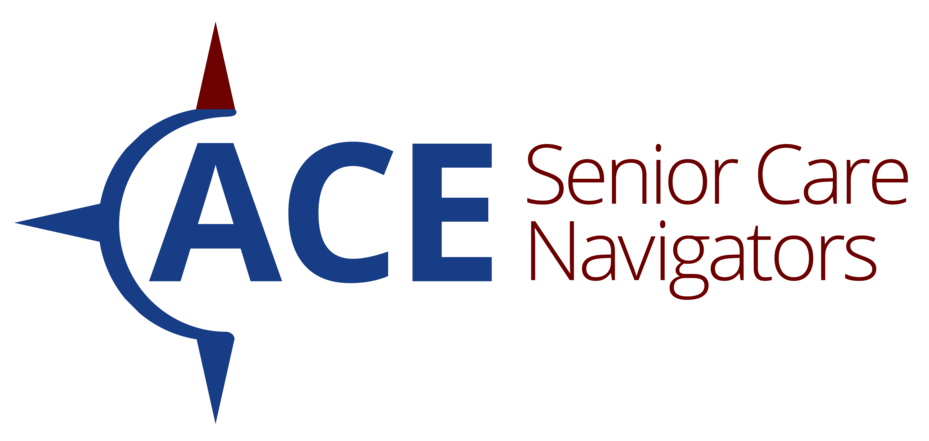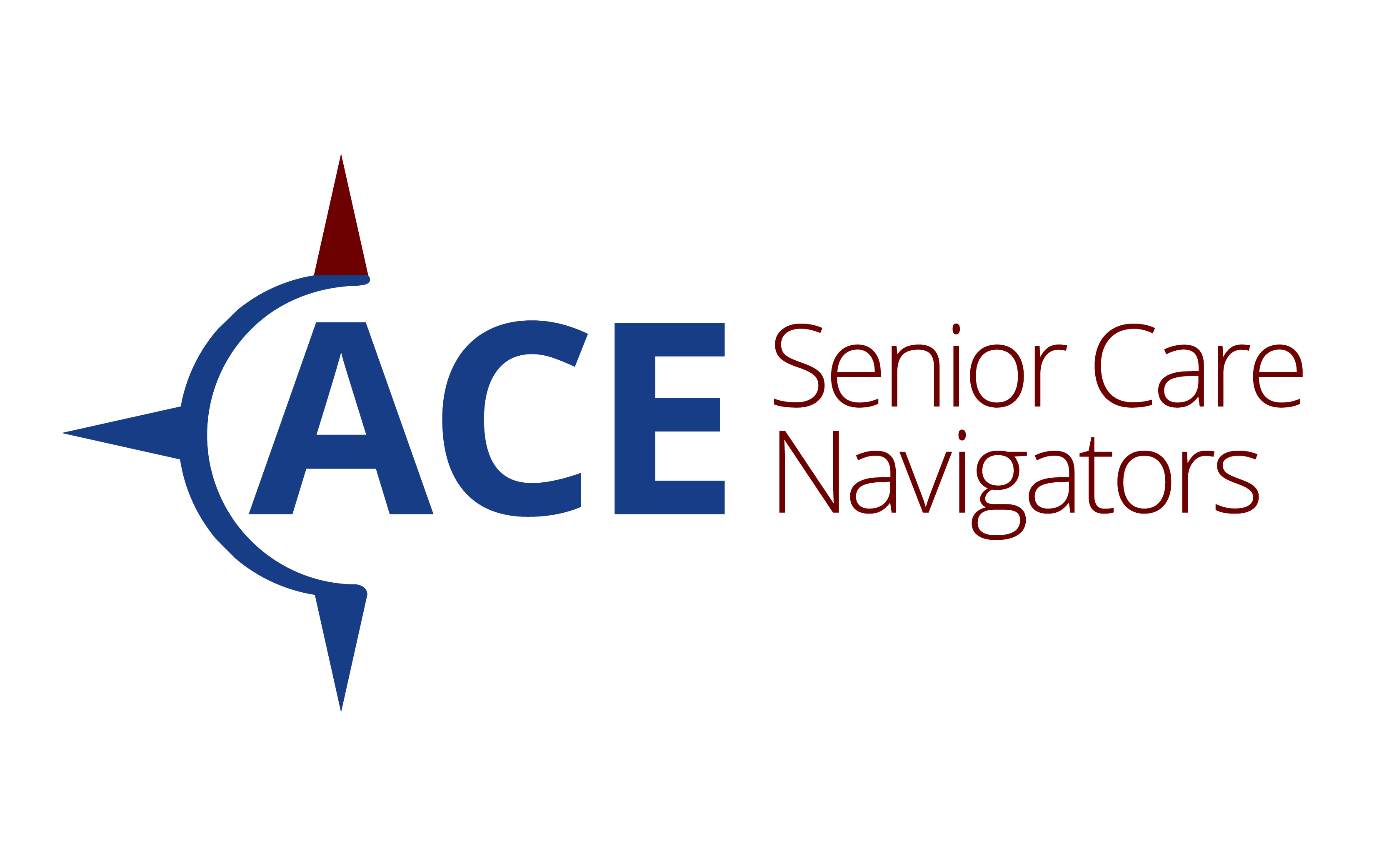Advanced Planning and Healthcare Decisions

April 16th is National Healthcare Decisions Day (designated by the National Hospice and Palliative Care Organization, and since the topic of healthcare decisions is often at the forefront of our work with clients, we thought it would be good to share some information that Seniors and families should know about planning for all of the “what-ifs” that come along with the aging process.
What does it mean to plan for healthcare decisions?
There can be many situations where an adult, even a younger adult, may need a surrogate healthcare decision-maker. If a Senior (or an adult of any age) is not capable of making their own healthcare decisions because of significant cognitive or physical changes, whether these changes come about suddenly or gradually, they will need someone else to make decisions for them. Ideally, this surrogate makes decisions with the Senior’s wishes in mind. Which is where planning comes in: A surrogate can’t make healthcare decisions without knowing what those wishes are!
Why is it important to plan for healthcare decisions?
Planning is important for both Seniors and their loved ones. For the Senior, planning increases the likelihood that their wishes will be met in case they cannot advocate for themself. And for loved ones, planning gives them a road map for managing their Seniors’ care in a stressful situation. When loved ones know they are acting according to their Seniors’ wishes, it gives them not only practical support, but peace of mind.
What happens if my Senior hasn’t planned ahead and needs a healthcare surrogate?
If your Senior has a power of attorney (POA) for healthcare or a guardian, it is that person’s job to make healthcare decisions for the Senior in the event they cannot for themself. If the Senior has left no information about their wishes, it is up to the POA/guardian to determine what the Senior would most likely want. If the Senior does not have a POA/guardian, the surrogate is determined by their state’s surrogacy ladder. For example, a daughter making decisions for her mother would be higher on the list than a nephew. Search “[your Senior’s state] surrogacy ladder” to find out your state’s specific hierarchy.
What are some resources for planning for healthcare decisions?
- If your Senior needs to establish POA, it is best to involve an elder law attorney to ensure that your Senior understands what they are designating and to get their questions answered. Find one through the National Academy of Elder Law Attorneys. However, their state may allow them to complete the legal document on their own. Find out more about your state’s documentation requirements here.
- If your Senior needs a guardian, you will definitely need to involve an elder law attorney.
- For Seniors looking to communicate their wishes on their medical and end-of-life preferences with their loved ones, we recommend using the documents from either Five Wishes or Compassion & Choices. These documents offer compassionate guidance to Seniors and loved ones when considering what is important to them as they approach medical uncertainty.
- It is also a good idea for Seniors to have on file a DNR/POLST form. This form, which designates a Senior’s preferences for resuscitation (DNR = do not resuscitate) and other emergency medical directives (POLST = physician orders for life-sustaining treatment), is state-specific. Ask your Senior’s physician or find yours online by searching “[your Senior’s state] DNR POLST”
- All of these documents are only as good as a family’s ability to access them when needed. Click here for our recommendations on what to do with all of your Senior’s advanced planning documents.
- For families who are looking for more comprehensive support with caring for a Senior with ongoing medical or cognitive challenges, we recommend partnering with a geriatric care manager. Find one near your Senior through the Aging Life Care Association.
My Senior is struggling with the conversation about advanced planning. How can I support them?
Many Seniors find it difficult to talk about what might happen near the end of their life. It can be challenging to think about the ways in which you may suffer, your own mortality, or how others will respond to your end-of-life situation. We often find it helps to draw on Seniors’ care for their loved ones as a source of support for the discussion on healthcare decisions. For example, an adult child might say “Dad, I know this is hard to talk about, but it would really help me to learn about your wishes. If the time comes when I need to make decisions for you, I would feel a lot better knowing what you want so I can care for you the way you have always cared for me.”
Healthcare decisions aren’t always easy to make, and it’s best to start the conversation early so you can move at the right pace for your family. And for support with all things that come with aging, healthcare decisions included, reach out today to schedule your complimentary consultation.



